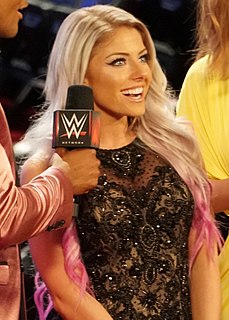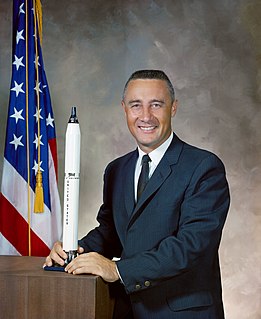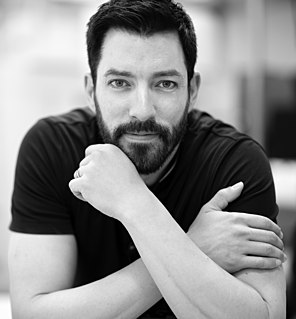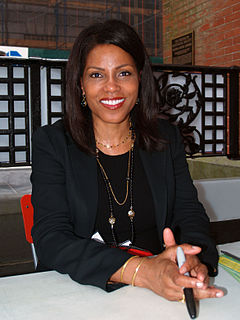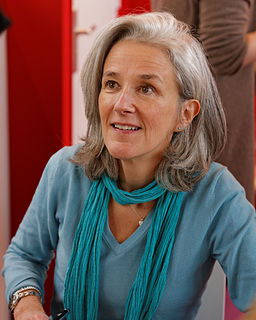A Quote by Sara Paretsky
This was a very progressive group of clergy who foresaw the race riots that were going to take place when Dr. King started helping the local civil rights community push for open housing. They were sort of hoping against hope that we could educate kids in a way that could counter some of the racist messages they were imbibing at home. I don't know whether we did any good, but it changed my life in every single way.
Quote Topics
Against
Any
Changed
Changed My Life
Civil
Civil Rights
Clergy
Community
Could
Counter
Did
Dr
Educate
Every
Going
Good
Group
Helping
Home
Hope
Hoping
Housing
Imbibing
Kids
King
Know
Life
Local
Messages
My Life
Open
Place
Progressive
Push
Race
Race Riots
Racist
Rights
Riots
Single
Some
Sort
Started
Take
Very
Way
Were
Whether
Related Quotes
I was involved in the civil rights movement way back in the late '50s and through the '60s and '70s. I was doing a civil rights musical here in Los Angeles and we sang at one of the rallies where Dr. Martin Luther King spoke, and I remember the thrill I felt when we were introduced to him. To have him shake your hand was an absolutely unforgettable experience. Even before I could vote, I was involved in the political arena.
When I had finished the book I knew that no matter what Scott did, nor how he behaved, I must know it was like a sickness and be of any help I could to him and try to be a good friend. He had many good, good friends, more than anyone I knew. But I enlisted as one more, whether I could be of any use to him or not. If he could write a book as fine as The Great Gatsby I was sure that he could write an even better one. I did not know Zelda yet, and so I did not know the terrible odds that were against him. But we were to find them out soon enough.
Blake & Murphy were winners, I was a winner, and winners usually gravitate toward each other. They helped me, so I helped them in any way I could. I knew they were able to retain their NXT Tag Team Championship on their own, but when the matches weren't going the way they wanted, I made sure to step in. We were an unstoppable group.
One has to say that they [Eleanor and Franklin Roosevelt] were pioneering to some extent. They didn't know that some of the housing projects that they were putting up for the poor were going to turn into crack dens and rapists' bowers and things of that sort, which they have since become. But you can't always foresee the future. I'm sure their intentions were the best.
You know, as kids were weren't jazz musicians or anything. But, the circle of friends and the neighborhood I lived in, we were really big Rush freaks and Yes fans. We would listen to 'Close to the Edge' and 'Hemispheres' and '2112' - the more artsy, progressive stuff. Some of the guys were into King Crimson and Genesis and all that.
If every trace of any single religion were wiped out and nothing were passed on, it would never be created exactly that way again. There might be some other nonsense in its place, but not that exact nonsense. If all of science were wiped out, it would still be true and someone would find a way to figure it all out again.
The girl wondered: These policemen... didn't they have families, too? Didn't they have children? Children they went home to? How could they treat children this way? Were they told to do so, or did they act this way naturally? Were they in fact machines, not human beings? She looked closely at them. They seemed of flesh and bone. They were men. She couldn't understand.
It was very clear to me in 1965, in Mississippi, that, as a lawyer, I could get people into schools, desegregate the schools, but if they were kicked off the plantations - and if they didn't have food, didn't have jobs, didn't have health care, didn't have the means to exercise those civil rights, we were not going to have success.
When I was a kid, a lot of my parents' friends were in the music business. In the late '60s and early '70s - all the way through the '70s, actually - a lot of the bands that were around had kids at a very young age. So they were all working on that concept way early on. And I figured if they can do it, I could do it, too.



